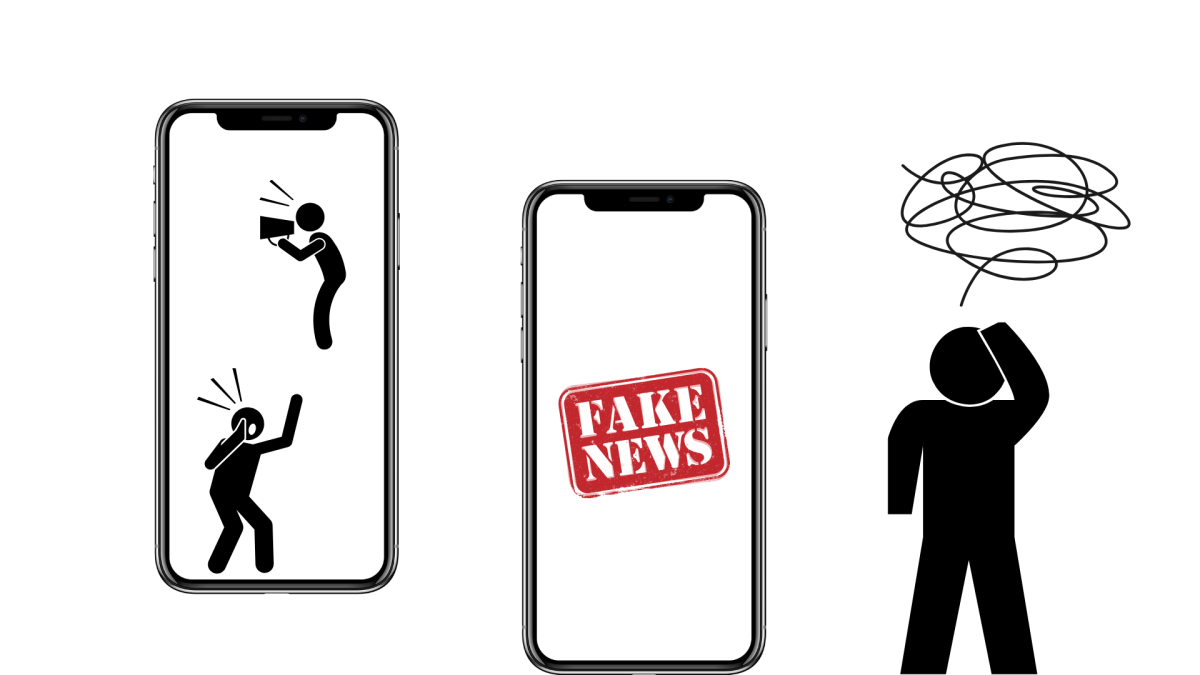In the past decade, the rise of influencers has drastically changed the landscape of marketing. What used to be a world full of billboards, commercials, and advertisements, has now turned into TikToks, instagram stories, and short attention span-friendly videos. This has ultimately redefined how brands reach their customers, and how they tend to pair up with popular influencers to promote their products. While this can sometimes be seen as a positive strategy in marketing, it also comes with some negatives, as many influencers misuse their own platforms for personal gain, oftentimes at the expense of transparency, morals, and their follower’s trust.
Influencers should create authentic connections with their followers, sharing their personal experiences and stories to appear more relatable. This is one of the reasons that marketing through influencers has become so successful- their followers see them as a trusted source, someone who wouldn’t lie to them or give them false information. Brands capitalize on this trust by using influencers to push out their products as rapidly as they can.
One of the most inescapable aspects of influencer marketing is the lack of transparency between an influencer and their followers. Many influencers promote products without their followers being aware of it. While many social media platforms force influencers to include hashtags like “#ad” or “#sponsored”, these hashtags are often hidden somewhere in the video or in the caption, leading viewers to believe that the influencer is genuinely recommending a product or service to them, when in reality, they are being paid to promote it.
In addition to these concerns, there is also a high spread of misinformation. Influencers have much more power over their followers when they spread false information, whether it be intentional or not, the consequences are not small. For example, during the COVID-19 pandemic, many influencers promoted fake health treatments, shared conspiracy theories, or shared how they didn’t believe the virus was as serious as it was. The spreading of misinformation made trying to get a public effort to end the pandemic much more difficult, as people believed different things. This contributed even more to the confusion at the time.
As the role of influencers today continues to grow, it’s obvious that there is a need for accountability. Influencers have the responsibility to use their platforms correctly, which means that there should be honesty and explicitness when it comes to their content. It’s up to influencers to ensure that what they post and what they’re doing remains honest, without any exploitation or lying. For influencer marketing to be successful in the future, influencers will need to keep their platform sincere and genuine.









